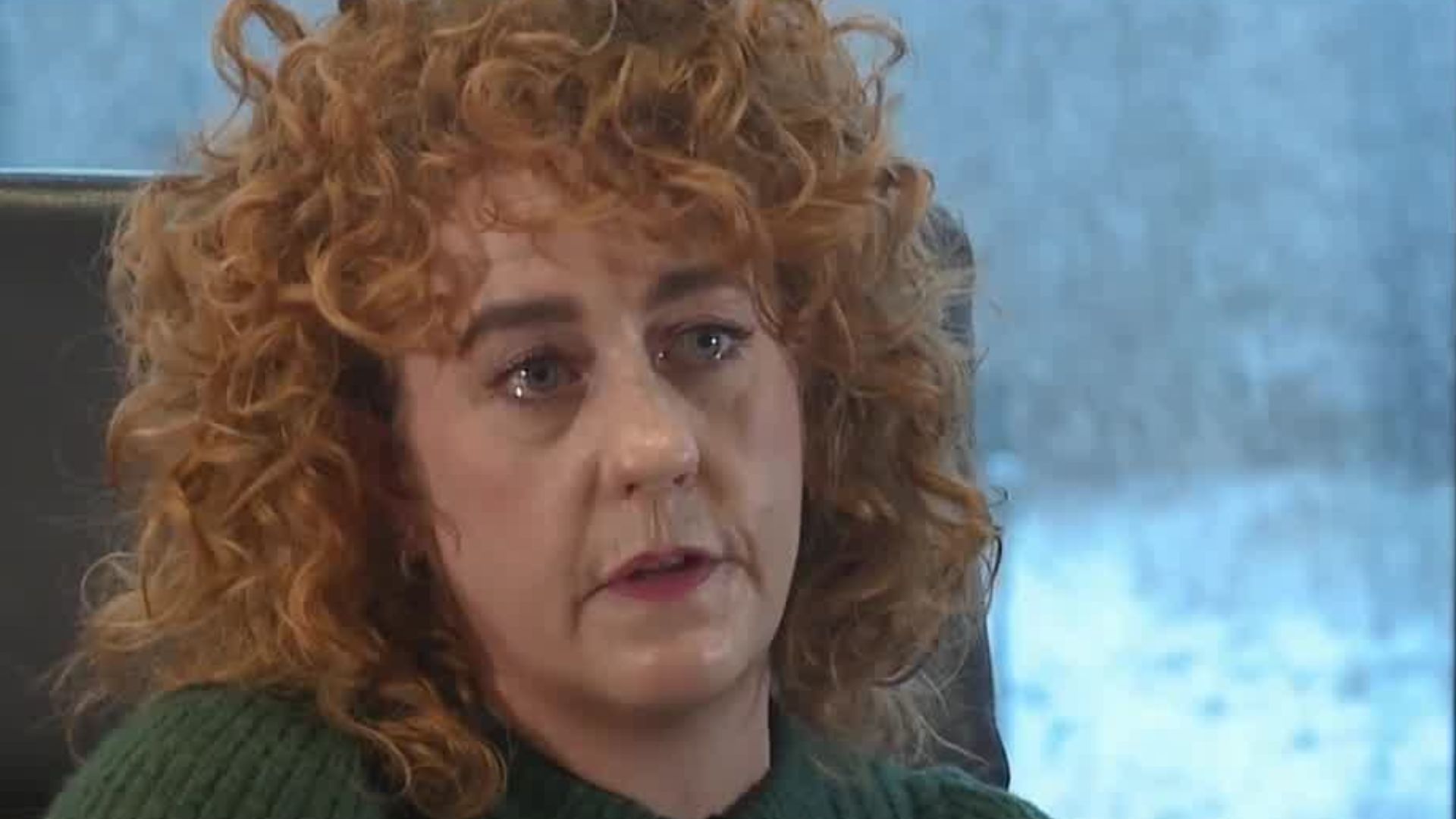SALT LAKE CITY — As doctors warn of a spike in cancer rates among young people in the United States one Utah woman is hoping more people will turn to genetic testing to fight against cancer.
What started as a sore stomach for Sarah Bryant-Hart turned into the fight of her life.
“Initially, I just started kind of feeling unwell, but not consistently.” Sarah described her early symptoms. “So I would just like randomly throw up out of nowhere.”
After a series of tests, doctors told Sarah she had stage three cancer of the small intestine.
Just weeks later she was hit with even more bad news.
“Eight weeks down the line. My second oldest brother, Philip was diagnosed with stage four colon cancer that had gone to his liver.” Sarah said
Now, her other brother Chris, has pancreatic cancer. Sarah said the series of diagnoses left her with more questions than answers.
“You know, maybe it was in the pop tarts we ate as kids. You know, it just didn't seem nothing seemed to line up. I mean, zero sense.” Sarah said.
The geneticists at the Huntsman Cancer Institute suspected there was more to it.
Sarah agreed to undergo genetic testing and found out she and her brothers have Lynch Syndrome.
"There is often the kind of certain red flags that we're looking for in a family history, that may indicate an individual has a hereditary predisposition to cancer," explained Amanda Gammon, the lead geneticist for the center.
Lynch Syndrome is a hereditary condition that increases a person’s risk of developing certain types of cancer at a young age.
Immediately, Sarah began spreading the word to her extended family members, warning them to get tested.
“I just sent it out on blast to cousins, people I hadn't talked to for years and years and years, just because I thought it's only appropriate to share the information that could potentially save their lives.”
Sarah said that no matter what the test found, she knew the information was power.
“Neither of my children have Lynch Syndrome, they have both been tested, but my siblings, some of their children do," she said. "There are two nephews from my one brother, and then my other brothers, three daughters have it.”
"For patients who have cancer, that can really help them have a measure of in a way closure and peace with kind of having a reason for why this happened," Gammon explained. "Because that is largely everyone's first question when they get diagnosed with cancer is what caused this?”
Genetic counselors recommend knowing your family history in deciding whether to get this simple test.
“In a family where there's been multiple cancer cases, particularly if there's multiple of the same types of cancer, or certain cancers that we know that can be related to each other, like colon cancer, and uterine cancer and small intestinal cancer," Gammon explained.
Sarah believes the knowledge of her condition has given her years back to her life.
“It's potentially bought me the next 40 years of my life. My son got married to his high school sweetheart, my eldest brother Chris, who's going through chemotherapy right now married them, you know, just beautiful experiences with my husband.” Sarah said
If you’re interested in genetic testing, The Huntsman Cancer Institute says most patients will pay a maximum of $250 dollars, if they’re covered by insurance and the facility also offers a patient assistance program for those without.




